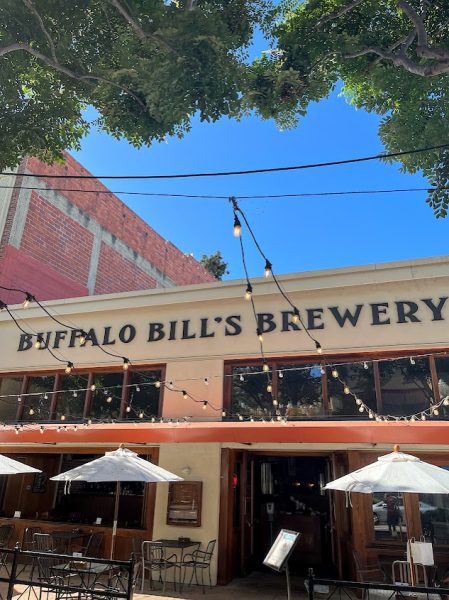Uber acknowledges sexual assaults
This March, Uber — a global smartphone-powered ridesharing business headquartered in San Francisco — became the subject of an investigation when the company’s database of sexual assault complaints was leaked to Buzzfeed News by an inside source.
Buzzfeed obtained screenshots of the email database that had been sent to the app’s feature for reporting customer issues, finding over 5,800 claims that included the word “rape” and more than 6,160 with the keywords “sexual assault,” collected over a period of three years, according to Buzzfeed News.
After sifting through the claims, Uber confirmed that there were five complaints of rape and fewer than 170 claims of sexual assault between December 2012 and August 2015, in a letter addressing Buzzfeed’s findings.
Uber’s Chief Safety Officer Joe Sullivan, VP of Communications Jill Hazelbaker and VP of Global Support Tim Collins, argued that the screenshot was deceiving because riders often misspell the word “rape” when writing the word “rate,” and the search engine had also pulled results from people whose name and email address included the letters “R-A–P–E.” They claimed that the ticket count also included miscellaneous users who were not Uber riders.
Uber was originally founded in 2008 by Travis Kalamic and Garret Camp as a solution to the transportation demand in metropolitan areas, according to Uber. The company has since expanded to 403 cities worldwide, is worth $41 billion dollars and has inspired the creation of similar ride-sharing apps.
Describing it as “A ride you can always trust,” Uber safety measures vary. All interested candidates are screened and are required to submit their license and other documentation to Uber. Riders have the ability to share their estimated time of arrival with family and friends directly through the app, which also features anonymous feedback features and access to the driver’s profile. Each profile contains the driver’s name, license plate number, a photo, rating and for a limited time, contact information, according to Uber.
However the ability to contact drivers through the information provided on their profile has proven controversial. In one incident, Marty McCall, a female Uber driver, was contacted by a rider six or seven times in one night through this feature, according to Buzzfeed.
Lyft and Sidecar, Uber’s main competitors in the ridesharing business, both have customer service numbers along with non-emergency email contacts, something Uber does not.
“I wouldn’t drive Uber again, not because I ever felt nervous or scared, you just don’t know,” said Vertis Wilson, a prior driver for Uber. “You can’t trust a passenger; you don’t know what is going to happen.”
According to Wilson, the perks of crafting his own schedule and being able to work two jobs initially attracted him to Uber. These perks soon wore thin when Wilson had to deal with aggressive, intoxicated passengers.
According to a December news release authored by Uber’s Global Head of Trust and Safety, Phillip Cardenas, Uber has a 24/7 safety advisory board, a quality assurance program monitored by off-duty law enforcement officers and a detailed code of conduct outlining Uber’s safety policies and expectations for its contractors.
“Uber is a relatively young company and we’re the first to admit that we haven’t always gotten things right,” Uber told BuzzFeed News, “But we are working hard to ensure passengers everywhere can get a safe, reliable ride, as well as to provide great customer service when things go wrong.”








